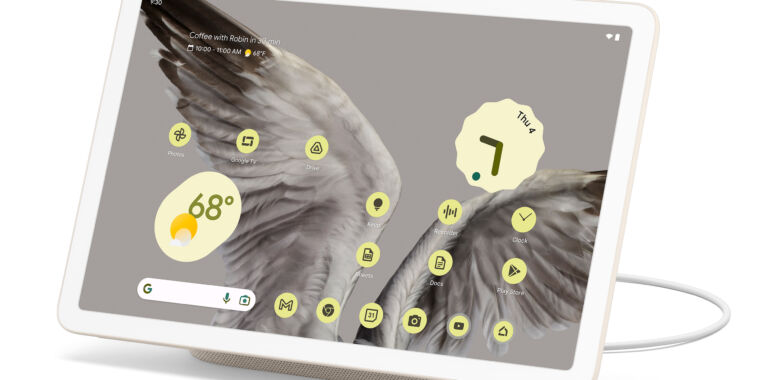I am not sure where I land on this issue, I am not entirely sold that it should have been filled to the brim and packed tightly but it does seem like they could have done better either for repairability or at least having things like a headphone jack and maybe better speakers (I have read that speakers can do better with more hollow space without adding much weight but I’m not knowledgeable enough)
The comments have a lot of good viewpoints



Yeah, I really don’t see the issue. If the device works as advertised, so what if it’s full of air?
Plus, it sounds to me like they need to take more tablets apart. There’s always tons of dead space, usually taken up by filled or risen parts of the structural case.
Sounds to me like you can see a rushed product development here in so far that a custom molded shell was never provided. OTOH, this makes repairs far easier. Which is a good thing for consumers, even though it doesn’t remotely go far enough and I really want a FairTablet or so.
*customers
Eh, with how “durable”™️ modern electronics are, might as well call it consumption.
When you design a new device from the ground up you make them fit in a way that allows the remaining space to be a single large rectangle to be entirely filled with battery. This might require custom PCB to have some L shapes. If you want to target a specific weight and having that much battery is too heavy then you make the device thinner. Instead it looks like they took pre-existing components from other devices such as Pixel phones or the Google Home and put them in a larger case.
It’s not necessarily a problem that this device exists how it is, but that it is a cheap way to go about it and yet still sold at a premium price.
My eink tablet is built exactly the same way. On one hand it would be nice if the battery was bigger, but that adds more weight so 🤷♂️